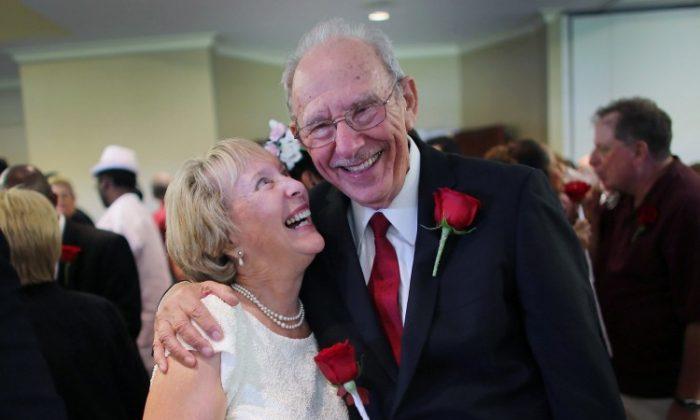Many single parents marry or remarry, but may not consider what effect this could have on the estate plan. Most likely, the plan you prepared left most, if not all, of your assets to your children. Now that you are married, you may want to keep it that way, but in New Jersey, your spouse is entitled to an elective share of your estate.
Your new spouse may be very understanding and has assured you that he does not want any part of your estate. He insists that you leave your Will as written. In fact, you and your new spouse did not prepare a pre-nuptial agreement or have any desire to prepare a post-nuptial agreement.
Circumstances can change over the course of our lives, which cause us to re-think prior decisions.
For example, you die before your spouse does leaving all of your assets to your children in accordance with your estate plan. Your spouse fully agreed with your decision and had no intentions of claiming an elective share. But, in the months leading up to your death, your spouse experiences a financial downfall that causes him to elect against the Will.
Your spouse is well within his rights to seek the elective share despite the hard feelings that might result.
A pre-nuptial agreement is a contract between potential spouses setting forth how the assets will be distributed in the event of divorce or death. If the spouses had prepared such an agreement either before marriage or sometime after, a challenge to the Will for an elective share would not survive.
In this instance, the use of a pre-nuptial agreement would not have been in anticipation of a possible divorce and used in an effort to make sure your spouse does not take you to the cleaners. Rather, it would have served to further clarify your wishes and your spouse’s agreement with them.
Information contained in this article is not intended to be legal advice nor applicable to all situations. For legal assistance, contact an attorney in your state of residence. You can visit Arleen’s website at arleenrichards-law.info.
The Epoch Times publishes in 35 countries and in 21 languages. Subscribe to our e-newsletter.








Friends Read Free